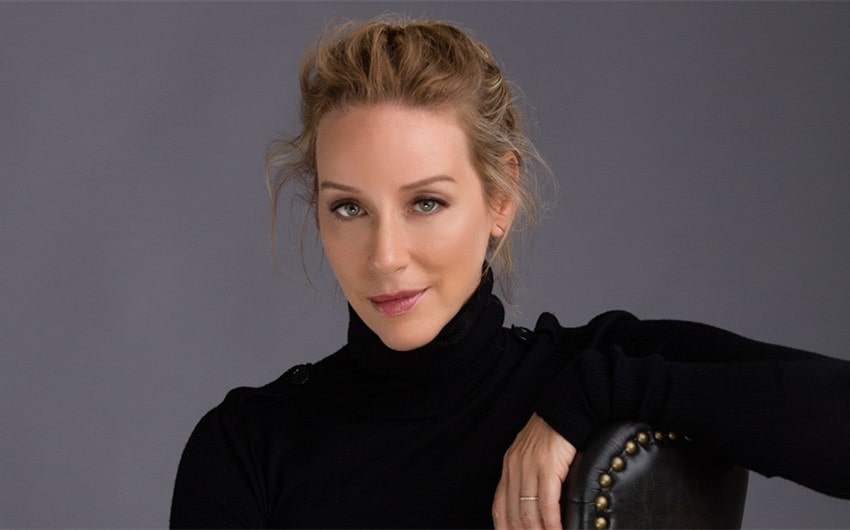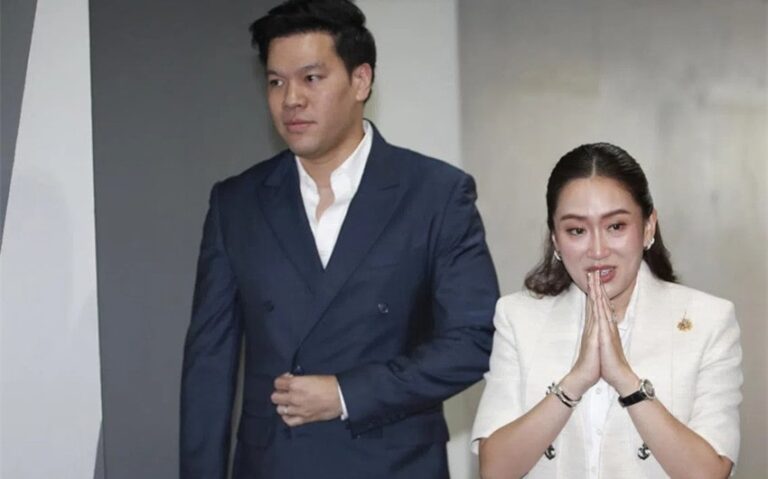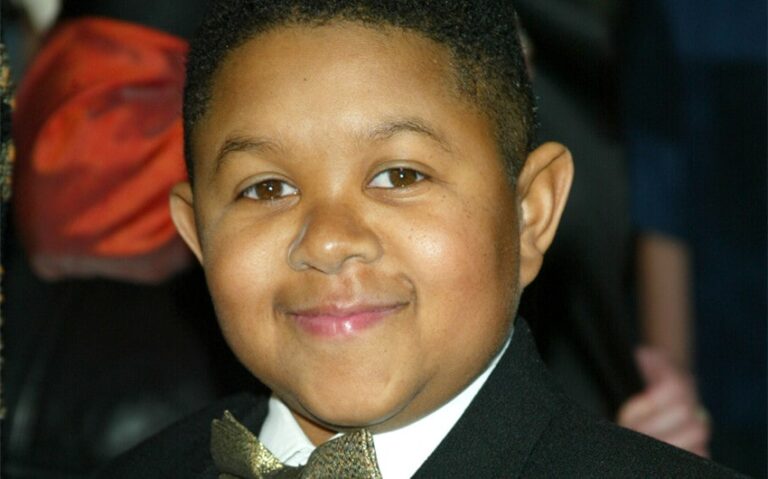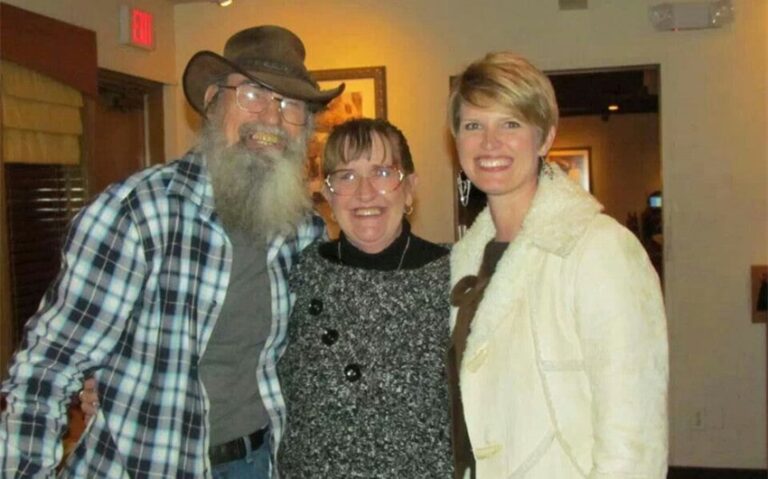Who Is Patric Gagne’s Husband? Inside the Life and Marriage of the Psychopathy Researcher and Author
When readers search for Patric Gagne husband, they’re often curious about the man behind one of the most fascinating and unconventional voices in modern psychology. Dr. Patric Gagne, a psychologist, author, and self-identified sociopath, has become known for her groundbreaking memoir Sociopath: A Memoir and her work exploring the emotional experiences of people who live with psychopathic traits. Her honesty about living without typical emotional responses—particularly empathy, guilt, and fear—has captivated both mental health professionals and general audiences. But behind her intellectual curiosity and scientific rigor is a deeply personal story of partnership and growth. Patric Gagne’s husband is not only her life partner but also an integral part of her journey toward understanding human connection on her own terms.
Who Is Patric Gagne?
Patric Gagne is an American psychologist, writer, and researcher who has brought rare transparency to a topic often shrouded in fear and misunderstanding. Diagnosed with antisocial personality traits at a young age, she later reframed her experience as “sociopathy”—a condition that affects her ability to feel certain emotions but does not make her dangerous or unfeeling. Her memoir Sociopath, released in 2024, details her experiences growing up, learning to understand morality without empathy, and finding ways to build meaningful relationships despite emotional limitations.
A graduate of the University of Southern California, Gagne earned her Ph.D. in clinical psychology and now focuses her work on destigmatizing psychopathy and promoting nuanced discussion about personality disorders. She has appeared in interviews and podcasts, discussing how sociopaths can live ethical, compassionate lives if they learn emotional awareness and self-regulation. Her ability to blend scientific insight with personal reflection has earned her a devoted following.
While Gagne’s academic achievements are impressive, it’s her vulnerability and humanity that truly stand out. She doesn’t present herself as a detached researcher—she writes as a person navigating the complexities of her own mind. And one of the most profound aspects of her journey is her marriage, which offers a living example of how someone with her traits can experience love and intimacy in authentic ways.
Who Is Patric Gagne’s Husband?
Patric Gagne’s husband remains largely out of the public eye, but what she has shared about him paints a vivid picture of a thoughtful, emotionally intelligent, and patient partner. In Sociopath: A Memoir, Gagne writes about meeting her husband and the challenges she faced in allowing someone into her life while knowing that she didn’t experience emotions the same way most people do. She’s open about her initial doubts—wondering whether she was capable of real love, whether she could be faithful, and whether someone could truly understand her.
Her husband’s response was not one of fear or judgment but of curiosity and compassion. Through their relationship, Gagne began to explore love not as a purely emotional experience but as a conscious act—a series of choices made to care, protect, and connect. Her husband, by her own accounts, became a mirror for her efforts to understand emotions intellectually while practicing them behaviorally.
While his name and background are not widely publicized—likely a deliberate choice to maintain privacy—what’s clear is that their partnership has played a key role in her evolution. He has been described as calm, understanding, and remarkably open-minded, qualities that helped Gagne find stability in moments of inner conflict.
How Their Relationship Reflects Her Work
In many ways, Gagne’s marriage mirrors her professional philosophy: that emotional connection can exist even without conventional empathy. Through her relationship with her husband, she has learned to translate theoretical concepts into lived experience. She often describes love not as something that “happens” to her, but as something she practices—an intentional act of care that she performs even when she doesn’t feel it instinctively.
Her husband, in turn, has learned to understand love differently as well. In her writing, Gagne has shared moments where her husband’s patience and communication allowed her to navigate emotional situations that once would have overwhelmed or confused her. Their relationship shows how mutual understanding and honest dialogue can overcome psychological barriers.
This dynamic also reinforces her broader message: that psychopathy is not a moral failure, but a neurological difference. Through her marriage, Gagne demonstrates that emotional atypicality does not preclude moral awareness, affection, or partnership. Her husband’s empathy complements her self-awareness, allowing them to meet halfway—she offers intellectual understanding of emotion, while he offers the emotional warmth that helps her feel grounded.
Lessons from Their Marriage
One of the most striking aspects of Patric Gagne’s relationship with her husband is the way it challenges stereotypes about sociopathy. Her story reminds us that empathy can take many forms. Even if she does not experience it automatically, she practices it deliberately, often through observing her husband’s emotional cues and learning from them.
In interviews, Gagne has emphasized that her husband helps her stay connected to the present moment and encourages her to find meaning in relationships beyond logic or self-interest. She’s spoken about how he embodies emotional intelligence in a way that inspires her, offering stability without trying to “fix” her. Their marriage functions not because she has changed who she is, but because they’ve both adapted to each other’s emotional languages.
The lesson their partnership offers is profound: love can exist in many forms, and its success depends less on what we feel naturally and more on what we choose to cultivate. Gagne’s marriage illustrates that compassion, communication, and respect are skills, not just instincts.
Featured Image Source: thetimes.com






